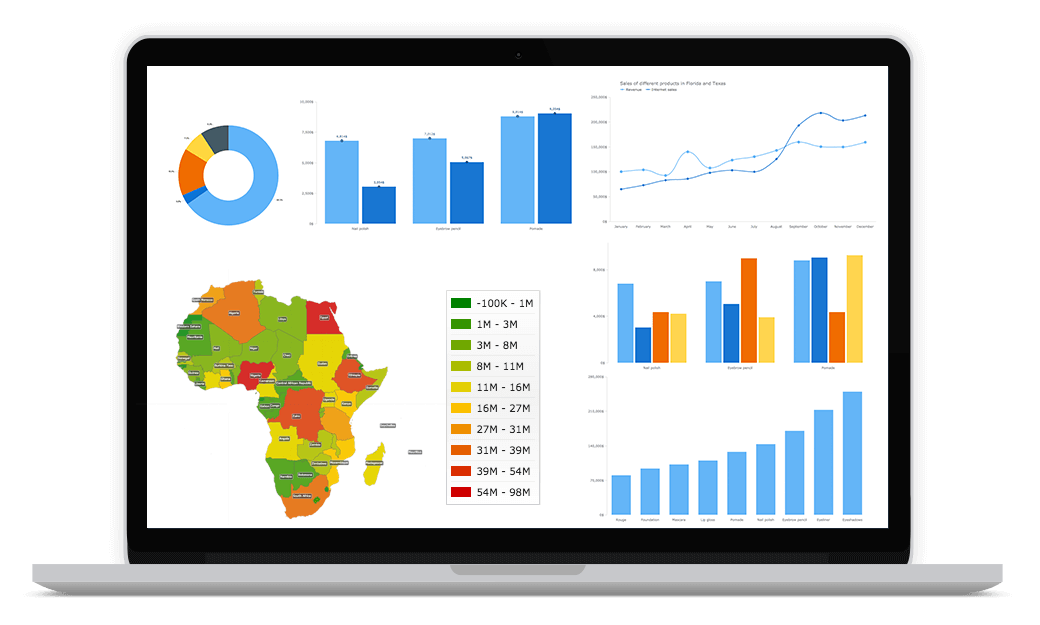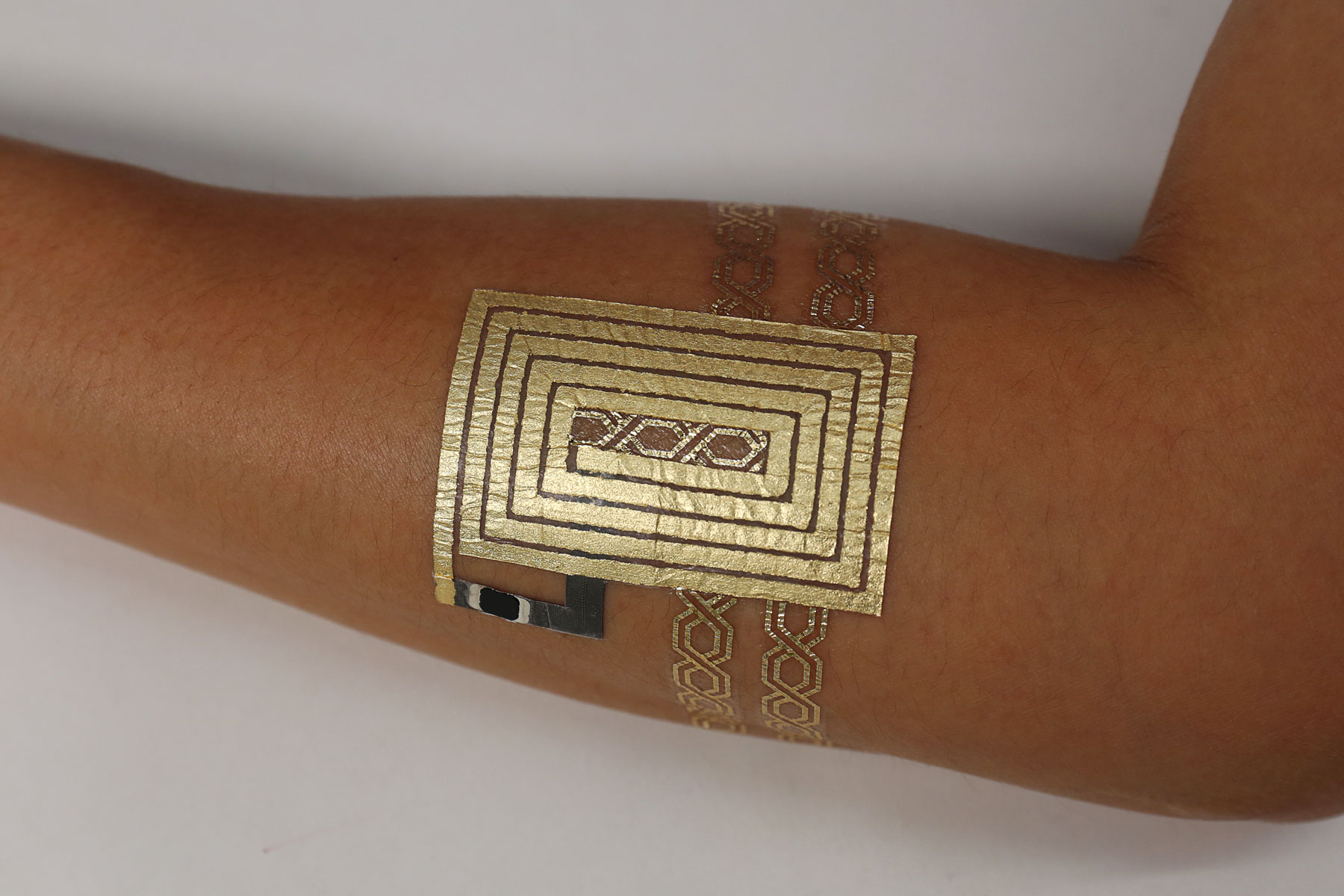Scientists have long known that cells have various types of sensory abilities that are key to their function, such as sensing light, heat, nerve signals, damage, chemicals or other inputs.
In this process, a chemical stimulus called ATP functions as a signaling molecule, which in turn causes calcium levels in a cell to rise and decline, and tells a cell it’s time to do its job – whether that be sending a nerve impulse, seeing a bird in flight or repairing a wound. These sensing processes are fundamental to the function of life.
“The thing is, individual cells don’t always get the message right, their sensory process can be noisy, confusing, and they make mistakes,” Sun said. “But there’s strength in numbers, and the collective sensory ability of many cells working together usually comes up with the right answer. This collective communication is essential to life.”
In this study, researchers helped explain just how that works for animal cells.
When cells meet, a small channel usually forms between them that’s called a gap junction. […] But with gap junction-mediated communications, despite significant variability in sensing from one cell to another, the sensitivity to ATP is increased
This interactive chatter continues, and a preponderance of cells receiving one sensation persuade a lesser number of cells reporting a different sensation that they must be wrong. By working in communication and collaboration, most of the cells eventually decide what the correct sensory input is, and the signal that gets passed along is pretty accurate.
Source: Research outlines cellular communication processes that make life possible








